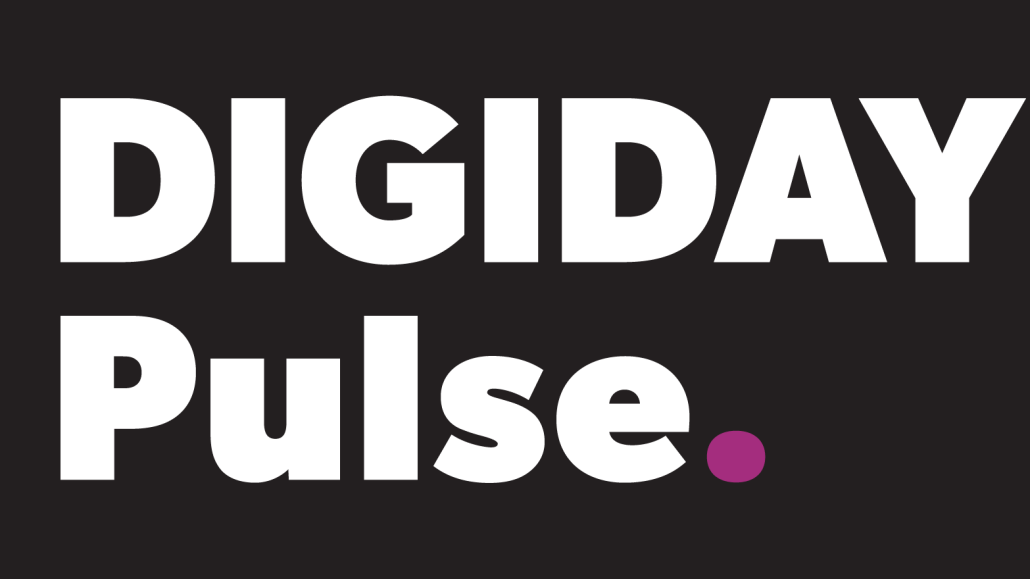Secure your place at the Digiday Media Buying Summit in Nashville, March 2-4

We asked our publisher VIPs at September’s Digiday Publishing Summit whether they’re yea or nay on virtual or augmented reality video. The numbers show that the nascent technology has a long way to go before reaching saturation – but it’s definitely on its way.
VR has a serious reputation for being expensive, both in terms of the production technology and the gear users need to experience it. But some publishers have found their way around this.
The Associated Press uses low-cost equipment (like Ricoh cameras that cost under $400) and Samsung gear. Three-sixty-degree video, VR’s less-flashy cousin, can be produced with 360-degree cameras from China that cost less than $60. About 4 million consumer cameras are expected to be sold by 2021. (Digiday)
Partnering with startups or other third parties also helps reduce production costs, a tactic both the AP and Time Inc. are employing.
And while AR gets less attention, it’s already a part of consumers’ lives through applications like Snapchat lenses and, of course, Pokemon Go (though this seems to be more of a brand play than a publisher tactic for now).
Is there even an audience for all this? Well, in May, Samsung announced that 1 million consumers had used its VR headset at least once in the past month, and they expect to sell 15 to 16 million in the next 12 months. (Digiday)
Further Reading
What the Associated Press has learned from a year of VR
Four things marketers should know about VR
Beauty brands embrace augmented reality
More in Media

From feeds to streets: How mega influencer Haley Baylee is diversifying beyond platform algorithms
Kalil is partnering with LinkNYC to take her social media content into the real world and the streets of NYC.

‘A brand trip’: How the creator economy showed up at this year’s Super Bowl
Super Bowl 2026 had more on-the-ground brand activations and creator participation than ever, showcasing how it’s become a massive IRL moment for the creator economy.

Media Briefing: Turning scraped content into paid assets — Amazon and Microsoft build AI marketplaces
Amazon plans an AI content marketplace to join Microsoft’s efforts and pay publishers — but it relies on AI com stop scraping for free.






